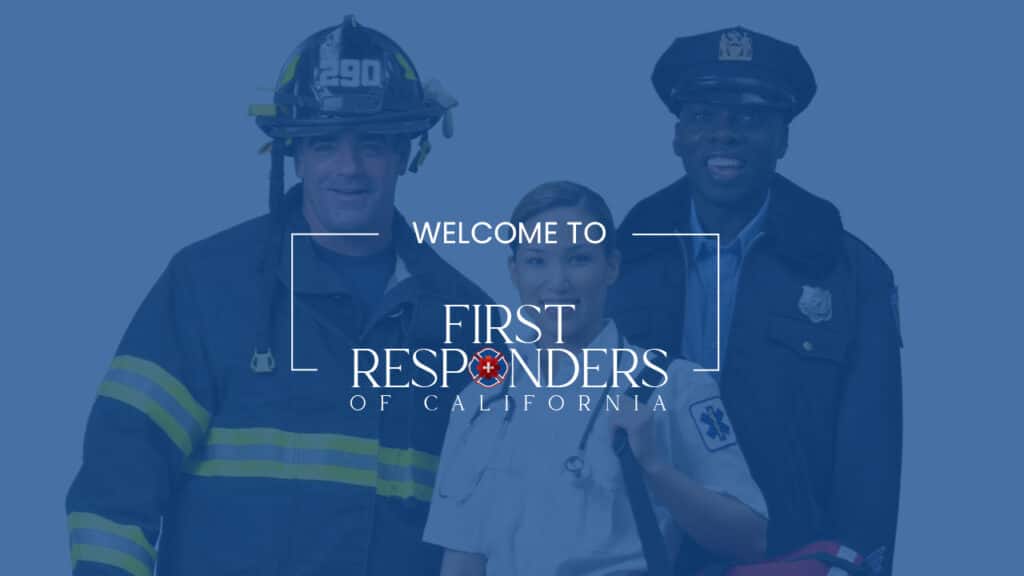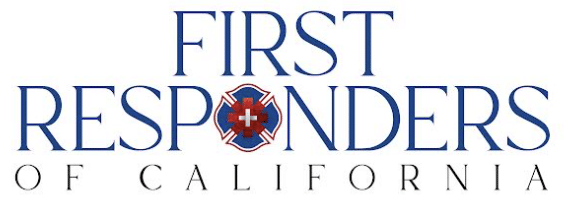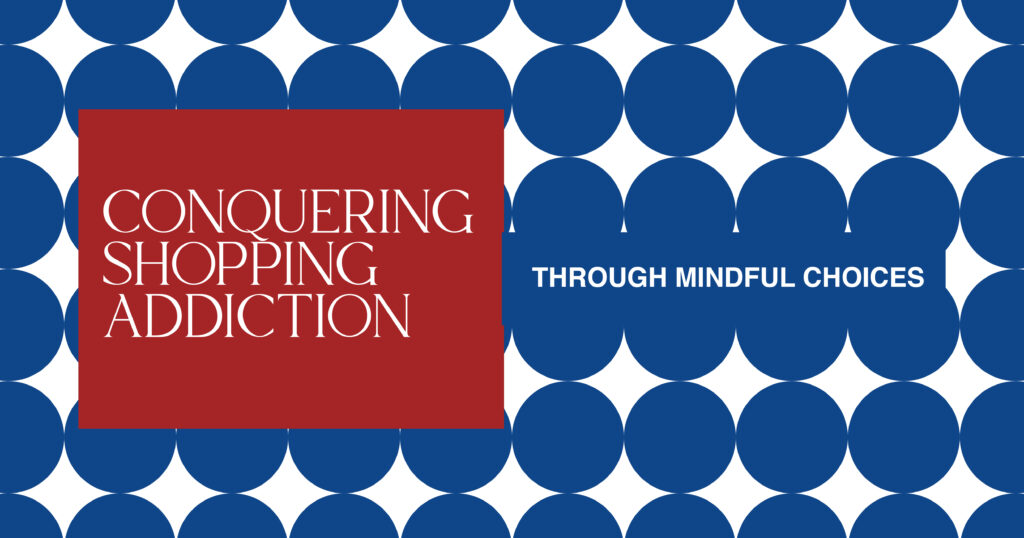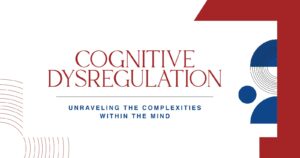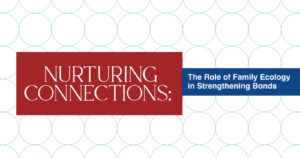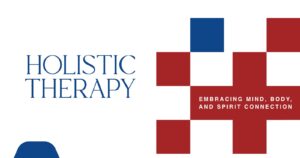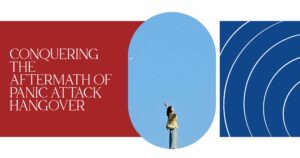In today’s fast-paced world, the thrill of a good deal or a momentary retail indulgence can be hard to resist. For many, shopping is a harmless pastime. But for others, it spirals into a destructive cycle of emotional spending, financial distress, and guilt.
If you find yourself frequently overwhelmed by the urge to buy things you don’t need or can’t afford, you may be struggling with a real behavioral health issue. The good news? There is help with shopping addiction, and mindful choices are a powerful starting point.
Identifying Signs of Shopping Addiction
Shopping addiction, also known as compulsive buying disorder, is more than just overspending from time to time. It’s a behavioral condition rooted in emotional or psychological triggers that result in repetitive, impulsive shopping. Individuals struggling with this issue often feel a surge of excitement when purchasing items, followed by regret or distress once the transaction is complete.
Common signs include:
- Constant thoughts about shopping or upcoming purchases.
- Using shopping as a way to cope with stress or negative emotions.
- Lying about purchases or hiding items.
- Accumulating debt despite financial strain.
- Feeling unable to stop impulsive spending even when you want to.
These behaviors can severely impact your finances, relationships, and mental health. Recognizing these symptoms is the first step toward recovery.

First Responders of California
Effective Financial Therapy Support for Overcoming Shopping Addiction
When tackling compulsive buying, traditional financial advice alone isn’t enough. That’s where financial therapy support steps in. This unique blend of psychology and financial planning is designed to uncover the emotional roots of your spending habits and rebuild a healthier relationship with money.
A certified financial therapist helps you:
- Identify triggers and emotional spending patterns.
- Set realistic budgets aligned with personal values.
- Develop long-term financial goals.
- Increase awareness around money-related anxiety and self-worth.
One of the most effective approaches used in financial therapy is Money Scripts®, a research-backed tool that helps individuals understand their subconscious money beliefs. You can learn more about this concept through the Financial Therapy Association, a resource dedicated to integrating mental health and financial wellness.
By learning how to manage emotions and money simultaneously, individuals gain the tools they need to overcome compulsive buying and lead more balanced lives.
Behavioral Addiction Counseling: Addressing Underlying Issues
Behavioral addiction counseling plays a vital role in healing the psychological aspects of shopping addiction. Unlike substance abuse, this form of addiction is often socially accepted, making it harder to detect but just as damaging.
Therapists trained in behavioral addiction work with clients to uncover deeper issues such as trauma, anxiety, depression, or low self-esteem that fuel the compulsive urge to shop. Evidence-based therapies like Cognitive Behavioral Therapy (CBT) help clients:
- Replace harmful thought patterns with constructive behaviors.
- Develop healthier coping mechanisms.
- Set personal boundaries and practice delayed gratification.
Behavioral counseling is especially effective when paired with support groups or individual therapy. Many first responders and individuals in high-stress roles benefit from trauma-informed care models that acknowledge the emotional toll of their daily lives.
Strategies to Manage Spending Habits
Regaining control over your finances starts with rebuilding intentional habits. Whether your goal is to stop impulsive spending or reclaim financial stability, these mindful strategies can help:
- Track all spending for at least a month to identify patterns.
- Set a “cooling-off period” before making non-essential purchases.
- Use only cash or prepaid cards for discretionary spending.
- Avoid shopping triggers (like apps or sales emails).
- Replace shopping time with hobbies that fulfill emotional needs.
Creating a spending plan isn’t about restriction, it’s about empowerment. When you make decisions aligned with your goals and values, you’re no longer at the mercy of emotional urges.
First Responders of California
Debt Management Techniques for Those Struggling with Compulsive Buying
Debt can be one of the most distressing consequences of compulsive buying. Fortunately, there are structured debt management strategies that can help regain financial stability without shame or judgment.
Here’s a table highlighting common debt relief options:
| Strategy | Description |
| Debt Snowball Method | Pay off the smallest debt first to build momentum. |
| Debt Avalanche Method | Focus on high-interest debt to save more over time. |
| Credit Counseling | Work with a certified counselor to negotiate payment plans with creditors. |
| Debt Consolidation Loan | Combine multiple debts into one loan with a lower interest rate. |
| Debt Management Plan | Enroll in a structured program with monthly payments via an agency. |
These methods, especially when guided by a professional, can lift the burden of financial stress and support recovery. For objective advice, the National Foundation for Credit Counseling is an excellent non-commercial resource to explore.
Emotional Spending: Recognizing and Addressing the Root Causes
Emotional spending help begins with understanding why we shop. Often, it’s not about the item itself, but the feelings we associate with it. Shopping can temporarily soothe feelings of loneliness, boredom, frustration, or low self-worth.

Heavy emotional moments can cloud judgment, making impulsive decisions feel like relief. However, the aftermath usually brings guilt, financial strain, or emotional burnout.
Therapists often help clients identify their emotional triggers using emotion tracking tools or journaling. Recognizing these emotions in real time enables individuals to pause, reflect, and redirect their behavior.
Here are examples of emotional triggers:
- Shopping after a stressful workday.
- Buying gifts to seek validation.
- Spending money to cope with breakups or grief.
With practice and guidance, individuals can respond to their emotions more constructively and begin to manage spending habits without self-blame.
Exploring Alternatives to Retail Therapy for a Healthier Lifestyle
Retail therapy may feel good at the moment, but it’s a short-term fix with long-term consequences. Exploring retail therapy alternatives provides more sustainable, fulfilling ways to cope with emotional highs and lows.
Healthy alternatives include:
- Physical Activity. Exercise releases endorphins and reduces stress.
- Creative Expression. Art, writing, and music offer emotional release.
- Mindfulness & Meditation. Helps ground your thoughts and break compulsive loops.
- Volunteering. Shifts focus away from self and increases self-worth.
- Spending Quality Time. Connection with friends or pets can fulfill emotional gaps.
Replacing impulsive shopping with nurturing activities is key to long-term success. Consider downloading free mindfulness apps like Insight Timer for guided meditations and emotional balance.
Overcome Shopping Addiction With Mindful Choices and Support from First Responders of California
Recovery from shopping addiction isn’t about depriving yourself, it’s about making intentional, self-compassionate choices that align with your values and emotional health. At First Responders of California, we offer specialized support tailored to the unique challenges individuals face when navigating behavioral addictions, emotional triggers, and financial distress.
Our compassionate team provides access to:
- Behavioral addiction counseling.
- Financial therapy support.
- Emotional regulation tools.
- Relapse prevention strategies.
You don’t have to walk this journey alone. Our integrative approach is designed to help you take back control of your spending, find clarity in your emotions, and build a healthier, more mindful life. Contact First Responders of California today and take the first step toward lasting recovery.
First Responders of California
FAQs
- What are effective financial therapy support options to overcome compulsive buying and stop impulsive spending?
Financial therapy combines emotional insight with practical planning. Working with a certified financial therapist can help you recognize emotional triggers, set meaningful goals, and create a sustainable money plan.
- How can behavioral addiction counseling help address the underlying issues of shopping addiction?
Behavioral counseling focuses on unearthing emotional wounds, past traumas, or unhealthy coping mechanisms that fuel compulsive shopping. Through therapy, individuals learn to replace shopping behaviors with healthier habits.
- What are some strategies to manage spending habits and avoid emotional spending?
Strategies include budgeting, tracking purchases, avoiding triggers like sales alerts, and using mindfulness techniques to respond to emotions rather than shop impulsively.
- How do debt management strategies assist individuals struggling with compulsive buying?
Debt management techniques like the snowball method or consolidation loans help individuals organize their finances, reduce stress, and prevent further emotional spending driven by financial anxiety.
- What are alternatives to retail therapy that can promote a healthier lifestyle without relying on shopping?
Alternatives include exercising, volunteering, practicing mindfulness, engaging in creative activities, or building deeper personal connections—all of which support emotional health without spending money.
